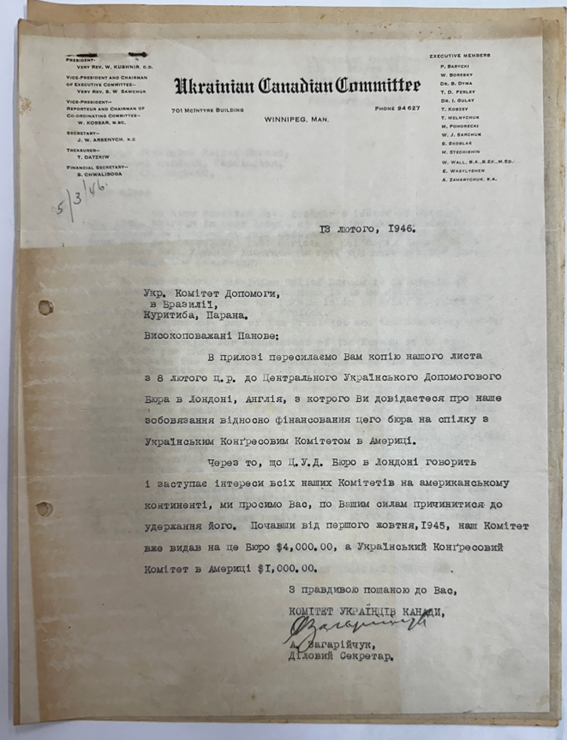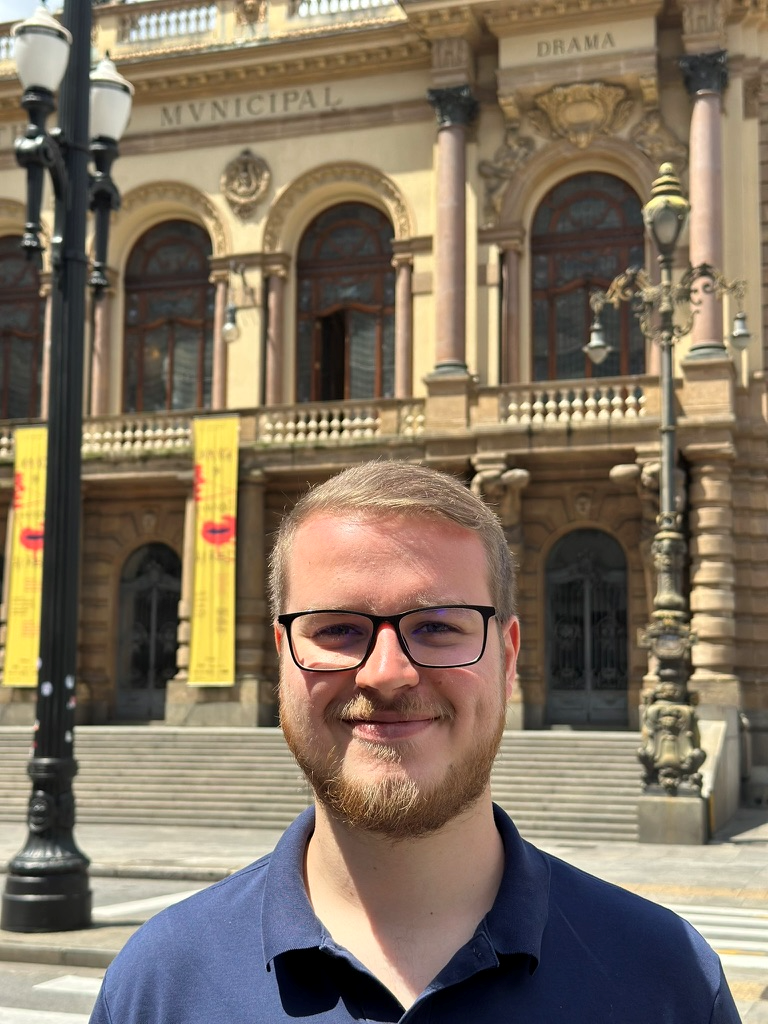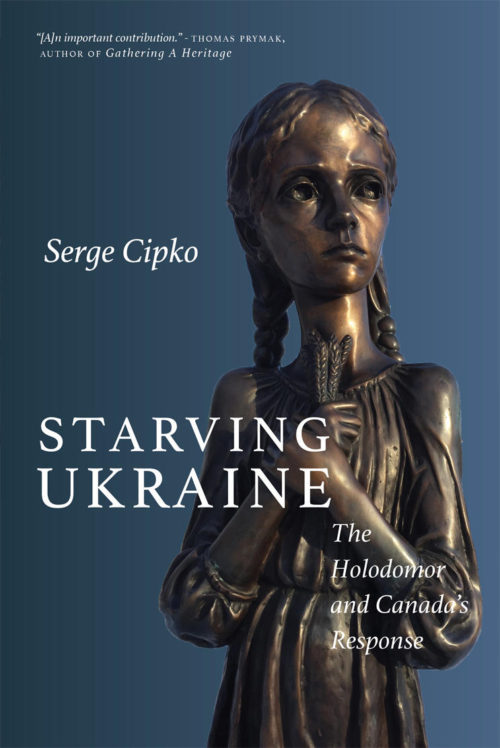Brazilian emerging scholar Henrique Schlumberger Vitchmichen visits Carleton University from April to October 2025
My name is Henrique, and I am currently a PhD student at the Federal University of Paraná (Brazil), under the supervision of Prof. Dr. Marion Brepohl. I am developing a thesis titled Echoes of the Border: Refugee Letters and the Ukrainian Committee in World War II. Below is a brief summary of my ongoing research:
My work aims to investigate and analyze the creation and activities of the Ukrainian Committee for War Victims’ Relief in Europe after the end of World War II, a period in which the continent was overwhelmed by thousands of refugees, war victims, and displaced persons from various regions and nationalities—including Ukrainians who fled their homes or were taken as prisoners following the German invasion of their territory.
Housed in hastily constructed refugee camps across Europe, often lacking adequate resources, these individuals endured the pain of their losses, the humiliation and violence of their conditions, and, ultimately, hunger and material deprivation. In response, many countries, through aid committees, began receiving requests for assistance and providing support in every possible way. One such committee was founded in 1945 in Brazil, in the city of Curitiba, state of Paraná—a region that had received a significant number of Ukrainian immigrants since the late 19th century.

Operating under the supervision of the Agricultural Instructional Union (now known as the Ukrainian Society of Brazil), the committee maintained correspondence with numerous other organizations, including the Ukrainian Canadian Committee, as well as others in England, France, Argentina, Italy, and the United States. Additionally, it was part of the Central Ukrainian Relief Bureau (CURB), whose member countries included Canada, the United States, the United Kingdom, Belgium, France, Italy, and Switzerland.
Through constant communication, these committees played a crucial role in sending supplies to refugee camps and facilitating immigration opportunities for displaced persons. Moreover, they regularly received letters from refugees seeking provisions or information. In the case of the Brazilian Committee, approximately three hundred letters remain preserved under the care of the Ukrainian Society of Brazil. These letters are currently being translated and analyzed as part of my research. Under the supervision of Prof. Dr. Dominique Marshall, I am eager to be there as soon as possible, as a Visiting Scholar, and to contribute in any way I can to Carleton University and to the Canadian Network on Humanitarian History.
Best regards,
Henrique Schlumberger Vitchmichen henrique-sv@hotmail.com





